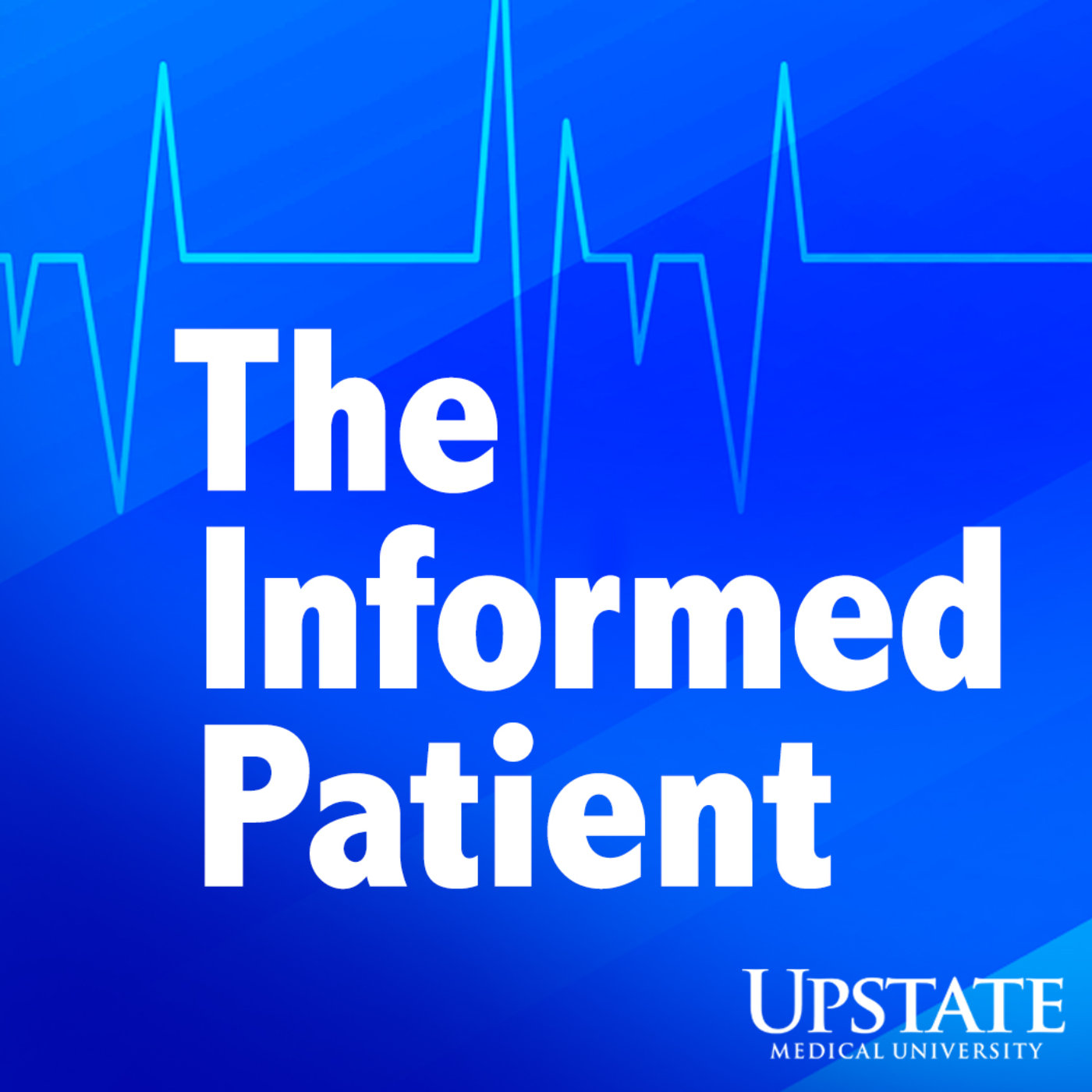- Health
- SEE MORE
- classical
- general
- talk
- News
- Family
- Bürgerfunk
- pop
- Islam
- soul
- jazz
- Comedy
- humor
- wissenschaft
- opera
- baroque
- gesellschaft
- theater
- Local
- alternative
- electro
- rock
- rap
- lifestyle
- Music
- como
- RNE
- ballads
- greek
- Buddhism
- deportes
- christian
- Technology
- piano
- djs
- Dance
- dutch
- flamenco
- social
- hope
- christian rock
- academia
- afrique
- Business
- musique
- ελληνική-μουσική
- religion
- World radio
- Zarzuela
- travel
- World
- NFL
- media
- Art
- public
- Sports
- Gospel
- st.
- baptist
- Leisure
- Kids & Family
- musical
- club
- Culture
- Health & Fitness
- True Crime
- Fiction
- children
- Society & Culture
- TV & Film
- gold
- kunst
- música
- gay
- Natural
- a
- francais
- bach
- economics
- kultur
- evangelical
- tech
- Opinion
- Government
- gaming
- College
- technik
- History
- Jesus
- radio
- movies
- services
- Church
- podcast
- Education
- international
- Transportation
- Other
- kids
- podcasts
- philadelphia
- Noticias
- love
- sport
- Salud
- film
- and
- 4chan
- Disco
- Stories
- fashion
- Arts
- interviews
- hardstyle
- entertainment
- humour
- medieval
- literature
- alma
- Cultura
- video
- TV
- Science
- en
Bioethicists explain rights of children and adolescents to make decisions about their medical care

As children mature, they develop the capacity to make informed decisions about their health care. Over time, they are increasingly included in medical decision-making. When they, their physician and their parents all agree on a specific plan for treatment, the path is clear. But what happens when an adolescent and/or his or her parents disagree with the recommended medical plan? Each situation is unique, of course. Upstate bioethicists As children mature, they develop the capacity to make informed decisions about their health care. Over time, they are increasingly included in medical decision-making. When they, their physician and their parents all agree on a specific plan for treatment, the path is clear. But what happens when an adolescent and/or his or her parents disagree with the recommended medical plan? Each situation is unique, of course. Upstate bioethicists Thomas Curran, MD Thomas Curran, MD (at right in photo) and lawyer (at right in photo) and lawyer Robert Olick, JD, PhD Robert Olick, JD, PhD (at left), share a case in which an adolescent and his parents disagreed with recommendations from his cancer doctors. Bioethicists became involved in the case. "Adolescents don't have the authority to make decisions, but we want them to be in agreement," Olick explains. (at left), share a case in which an adolescent and his parents disagreed with recommendations from his cancer doctors. Bioethicists became involved in the case. "Adolescents don't have the authority to make decisions, but we want them to be in agreement," Olick explains.